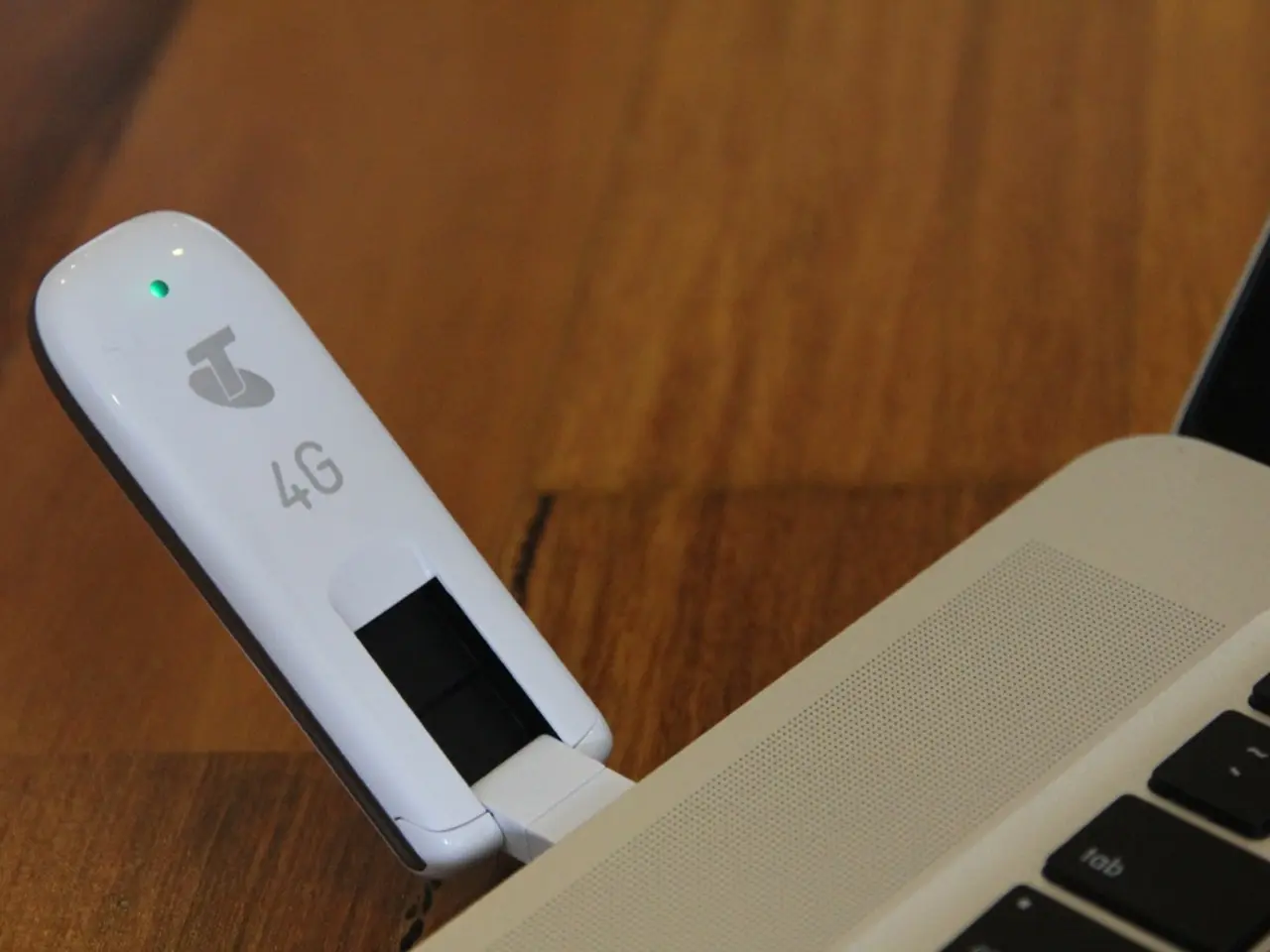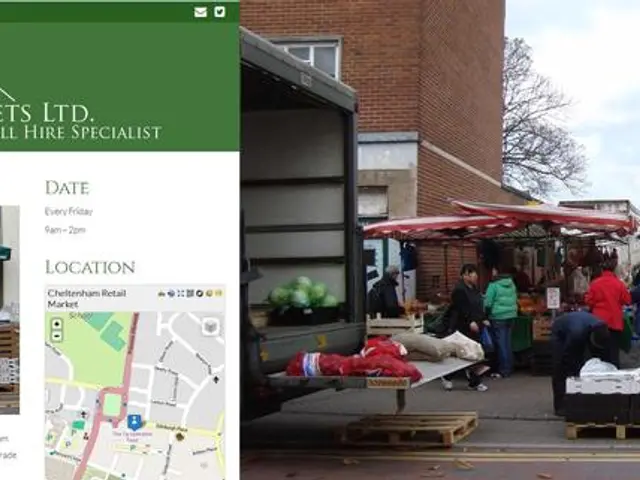Nigeria Cracks Down on Tax Evasion with Instant Value-Added Tax System
Nigeria Introduces Real-time Transaction Monitoring System for VAT Collection
In a bid to modernize tax administration and address revenue leakages in Nigeria's digital-first economy, the Federal Inland Revenue Service (FIRS) has launched a new real-time transaction monitoring portal called the Transaction Monitoring System. This system is designed to track and facilitate Value Added Tax (VAT) collection in the digital economy.
The Transaction Monitoring System requires banks, card schemes, fintech companies, and payment service providers to integrate their platforms with FIRS via APIs, enabling the instant transmission of all VAT-eligible transaction data before payments are finalized. This move aims to foster a fair and transparent digital marketplace for all stakeholders.
Key operational details include:
- Real-time Visibility: The portal offers FIRS live insight into each transaction’s details, including the gross payment amount, the VAT portion, and merchant information. This allows FIRS to monitor VAT collection as transactions occur across Nigeria’s fintech, payment, and digital services sectors.
- Mandatory Integration: Financial intermediaries are legally mandated to connect to the portal, routing transactions through it to comply with the system. This includes local and foreign digital service providers, such as platforms offering digital advertising, subscription services, and crypto-related payment gateways.
- VAT Calculation and Deduction: If VAT is not collected by the merchant or service provider beforehand, the system requires payment processors to calculate and deduct VAT directly from the transaction amount and remit it accordingly.
- Enhanced Compliance and Enforcement: The portal automates the reconciliation of invoices and helps close tax collection gaps that previously existed due to the rapid expansion of Nigeria’s digital economy. Penalties for non-compliance will start from January 2026, backed by new tax laws empowering FIRS to automate tax processes and enforce strict oversight.
- Data Security and Integrity: The system employs encryption and AI-based checks to ensure the security and accuracy of transaction data and cross-references reported figures with taxpayer self-assessments.
This approach fundamentally transforms VAT collection in Nigeria by providing FIRS unprecedented transparency and control over tax-relevant transactions in the digital economy, targeting both resident and non-resident suppliers earning over $25,000 annually from Nigeria.
In summary, the FIRS Transaction Monitoring System works by requiring payment and financial service entities to relay VAT-eligible transaction data in real time through an integrated portal, enabling immediate tax calculation, deduction (if necessary), and continuous compliance monitoring in Nigeria’s rapidly growing digital and fintech sectors. The system prioritizes transactions above a certain threshold (₦5 million or $3,265) and is part of a broader initiative to modernize tax administration in Nigeria's digital-first economy.
The implementation of the Transaction Monitoring System by the Federal Inland Revenue Service (FIRS) involves finance and business sectors, as it necessitates banks, card schemes, fintech companies, and payment service providers to integrate their platforms with FIRS, thereby facilitating the real-time collection of Value Added Tax (VAT) from digital transactions. This proactive move enhances the transparency and fairness of the digital marketplace, ensuring a profitable and compliant environment for all stakeholders.




